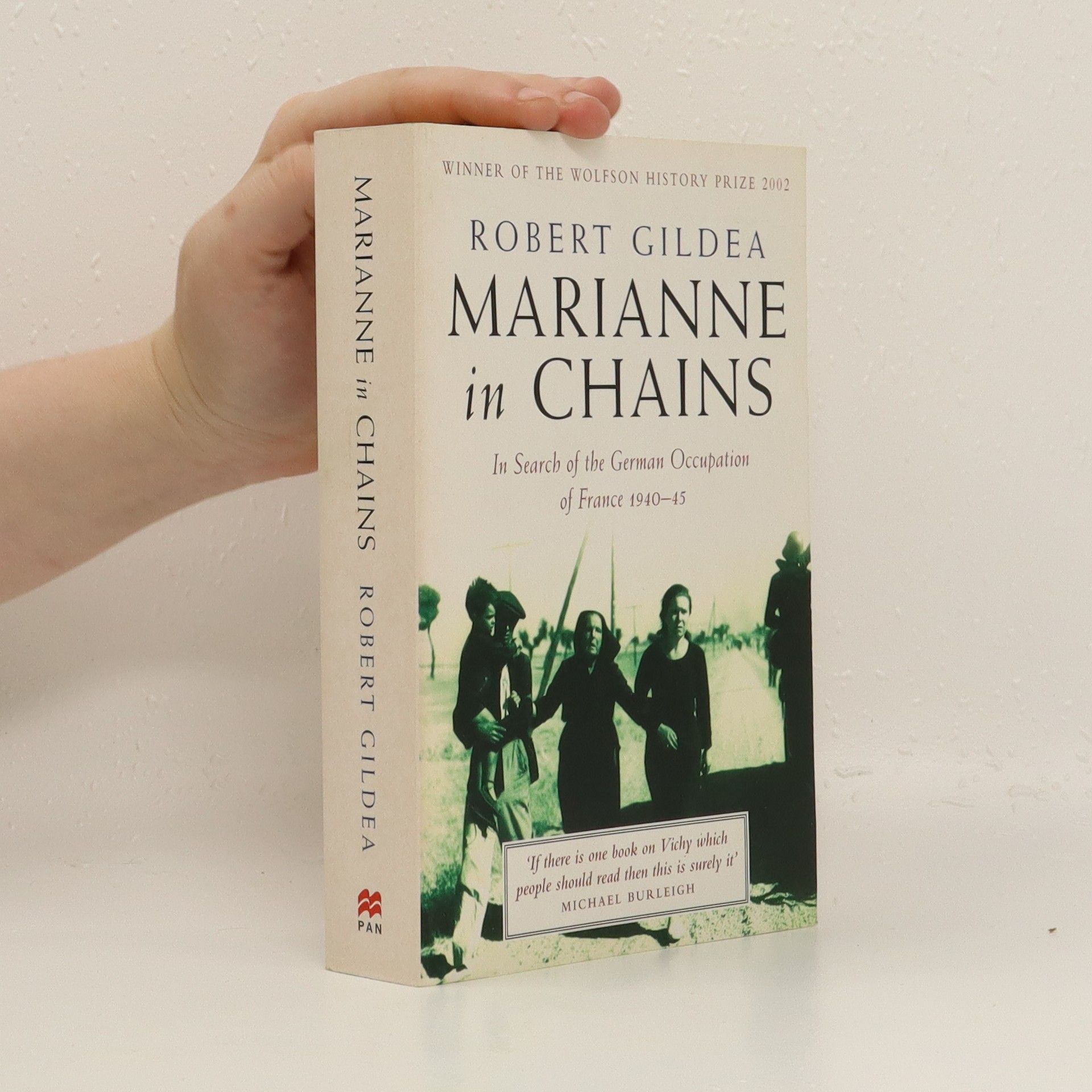A powerful new history of the Great Strike in the miners’ own voices, based on more than 140 interviews with former miners and their families
Robert Gildea Livres






Prize-winning historian Robert Gildea shows that how empires did not vanish after 1945 but were constantly reinvented as neo-colonialisms. He shows how postwar immigration from the former colonies provoked racism, segregation and exclusion in metropolitan Britain and France and how imperial nostalgia has bedevilled Britain's relations with Europe.
Prize-winning historian Robert Gildea shows that how empires did not vanish after 1945 but were constantly reinvented as neo-colonialisms. He shows how postwar immigration from the former colonies provoked racism, segregation and exclusion in metropolitan Britain and France and how imperial nostalgia has bedevilled Britain's relations with Europe.
Children of the Revolution
- 560pages
- 20 heures de lecture
Nineteenth-century France was renowned for its literature, philosophy, art, poetry and technology. Yet this was also a century of political anarchy and bloodshed, where each generation of the French Revolution's 'children' would experience their own wars, revolutions and terrors. This book explores various aspects of these rapidly changing times.
Marianne in chains
- 424pages
- 15 heures de lecture
For over fifty years, the French during World War 2 have been portrayed as being either bold members of the Resistance or craven collaborators. This engaging and provocative study reveals a different story, showing that the truth lies, as it so often does, somewhere in between.
In the fifty years since the end of the Second World War, France has had to deal with the legacy of the German occupation, the effects of the Algerian war and the rise of Islam, and more recently the loss of French domination of Europe following the reunification of Germany. Robert Gildeasets these and other issues within their economic, social, and political context, and focuses upon France's various attempts to recover and establish national greatness, a national identity, and stability in both the economic and political systems of France.
Barricades and Borders
Europe, 1800-1914
Featuring a substantially revised text and an updated bibliography, this is a comprehensive survey of European history from Napoleon Bonaparte to World War I.
Gildea suggests that the more people who really understand what good history entails, the more likely history is to triumph over myth. He sees positive signs in public history, citizen historians and community projects, debunking claims that ‘you cannot rewrite history’, arguing that good history that’s attuned to its times must be rewritten.
Bojovníci bez hranic: Transnacionální odboj v Evropě 1936–1948
- 448pages
- 16 heures de lecture
Během druhé světové války se v boji za obnovení státní a národní svébytnosti v okupovaných evropských zemích utvářel narativ zdůrazňující především motivy sjednoceného národa. V této atmosféře ovšem zůstaly zapomenuty a cíleně potlačeny aktivity, které se z tohoto rámce vymykaly a výrazně ho překračovaly. Odbojáři různých národností, původu i ideového přesvědčení se zapojovali do odboje v jiných zemích, vytvářeli mezinárodní sítě, předávali své bojové a organizační zkušenosti, vstupovali do různých národních armád a z nich přecházeli do partyzánských formací, pomáhali uprchlíkům. Mezinárodní tým historiků v knize popisuje širokou škálu aspektů této nadnárodní, transnacionální spolupráce.

